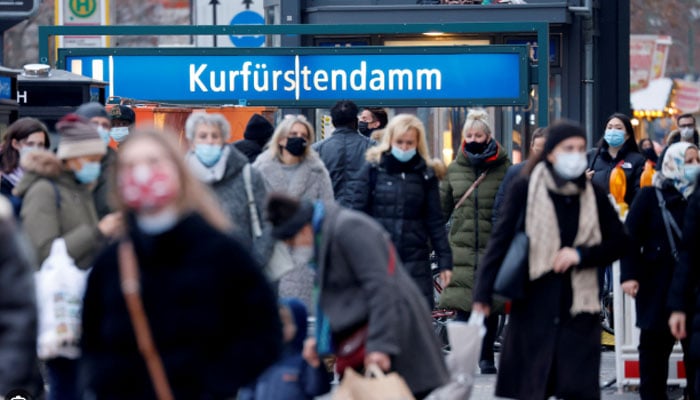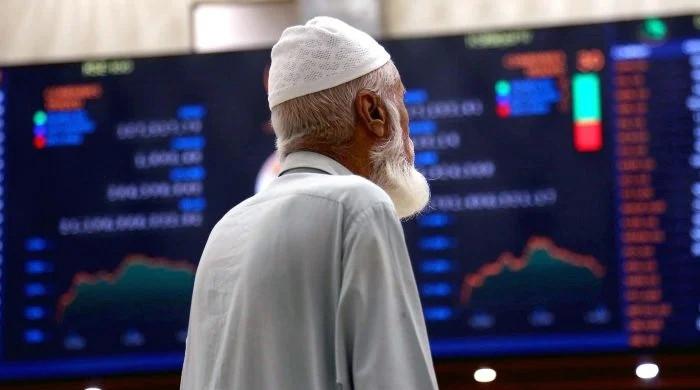After UK and Japan, Germany 'likely in recession' amid weak external demand
German economy, grappling since 2022, faces its fourth consecutive quarter of zero or negative growth
February 19, 2024

In its regular monthly report, the Bundesbank indicated that Germany is likely in a recession due to a combination of factors, Reuters reported.
The report, released on Monday, highlighted weak external demand, cautious consumers, and high borrowing costs hindering domestic investment.
The German economy, grappling since Russia's 2022 invasion of Ukraine, faces its fourth consecutive quarter of zero or negative growth, impacting the entire eurozone.
The Bundesbank stated, "There is still no recovery for the German economy," foreseeing a potential decline in output in the first quarter of 2024. A second consecutive dip would classify the German economy as being in a technical recession.
The ongoing weak performance prompts questions about the sustainability of Germany's economic model, with critics advocating for an economic transformation away from energy-reliant heavy industries.
Despite gloomy projections, the government attributes the downturn to a perfect storm of factors such as high energy costs, weak Chinese demand, and rapid inflation, asserting that it does not fundamentally challenge the economic strategy.
The Bundesbank anticipates persistent weakness, citing trends of declining foreign industrial demand, dwindling order backlogs, and firms holding back investments due to increased financing costs.
While disruptions in shipping in the Red Sea are acknowledged, the Bundesbank minimises their significant impact, noting ample spare capacity in shipping and the relatively minor role of freight costs in the overall goods cost.
Despite the ongoing weak outlook, the Bundesbank expects no major deterioration in the labour market, providing insulation against a broad-based, prolonged recession. The report concludes that the weak phase in the German economy, initiated by the Russian war of aggression against Ukraine, is expected to persist.









